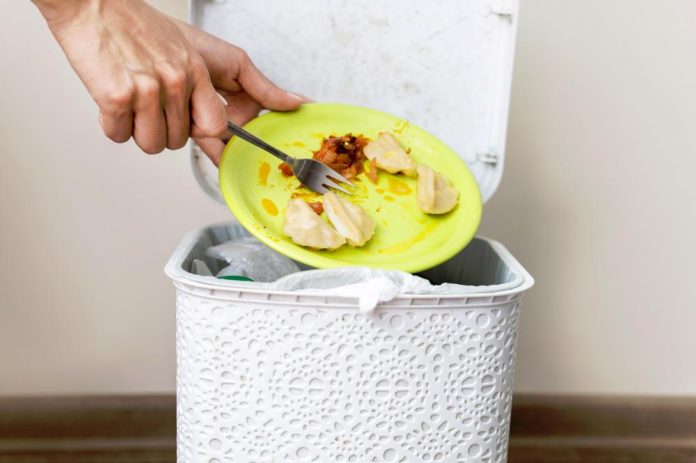MALAYSIA has been ranked fourth in Southeast Asia for per capita food wastage, with an average of 81kg of food discarded per person each year, according to the 2024 Food Waste Index Report by the United Nations Environment Programme (UNEP).
A viral infographic summarising the findings, posted by seasia.stat on social media, highlights that Laos leads the region in food waste at 89kg per person annually, followed by Thailand (86kg) and Cambodia (85kg).
ALSO READ: 79% of M’sians feel you don’t ‘truly belong’ without BM, study finds
Malaysia’s food wastage exceeds that of Myanmar (78kg), Brunei (76kg), Vietnam (72kg), Singapore (68kg), Indonesia (53kg), and the Philippines (26kg).
The report challenges the notion that food waste is primarily an issue in wealthier nations, revealing that some lower-income countries actually waste more food per capita than their affluent counterparts.
“While the specific figures for each country are not provided, the ranking indicates that food waste is a pressing issue across the region.
“Countries like Singapore and Malaysia, with higher levels of urbanisation and economic development, might experience more significant food waste due to consumer behaviour and food distribution practices.
“In contrast, nations with lower economic development, such as Timor-Leste and Cambodia, might have different patterns of food waste, often linked to food security challenges,” the caption of the post read.
In Malaysia, factors such as affordable food prices and a culture of over-purchasing contribute significantly to the problem.
Buffet-style dining and large banquet meals are also major contributors to excessive food disposal in the country, as uneaten portions often go to waste.
“Addressing food waste in Southeast Asia requires a multifaceted approach, including better food storage and distribution systems, consumer education, and policies that encourage sustainable practices.
“Reducing food waste not only helps in conserving resources but also plays a crucial role in achieving food security and environmental sustainability in the region,” the post stated.








